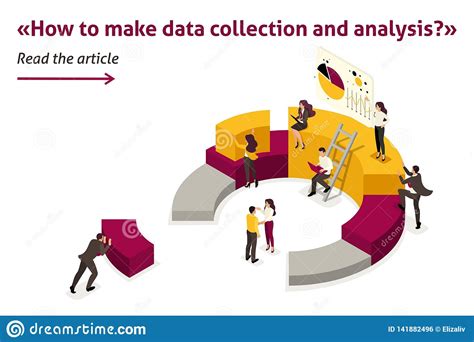Data privacy is a major concern for organizations in the digital age. With the rise of data breaches, cyber-attacks, and other malicious activities, it’s essential that companies take steps to protect their customers’ personal information. At the same time, collecting and analyzing customer data can be beneficial for marketing purposes. So how can organizations balance these two needs?
The first step is to create a comprehensive data privacy policy. This should include clear guidelines on what types of data are collected, how it will be used, and who has access to it. Companies should also ensure they have appropriate security measures in place to protect customer data from unauthorized access or misuse.
Once an organization has established its data privacy policy, it can begin to collect and analyze customer data for marketing purposes. It’s important to remember that this data should only be used for legitimate business reasons and not shared with third parties without explicit consent. Organizations should also provide customers with the option to opt out of any data collection or analysis if they wish.
Organizations should also consider using anonymized data when possible. Anonymization involves removing personally identifiable information from data sets so that individuals cannot be identified. This allows companies to use customer data for marketing purposes while still protecting their privacy.
Finally, organizations should regularly review their data privacy policies and practices to ensure they remain up to date. As technology advances, new threats may emerge, and companies need to stay ahead of them. Regular reviews can help identify potential risks and ensure customer data remains secure.
By taking these steps, organizations can successfully balance the need for data privacy with the benefits of collecting and analyzing customer data for marketing purposes. Doing so will help build trust with customers and ensure their data remains safe.
